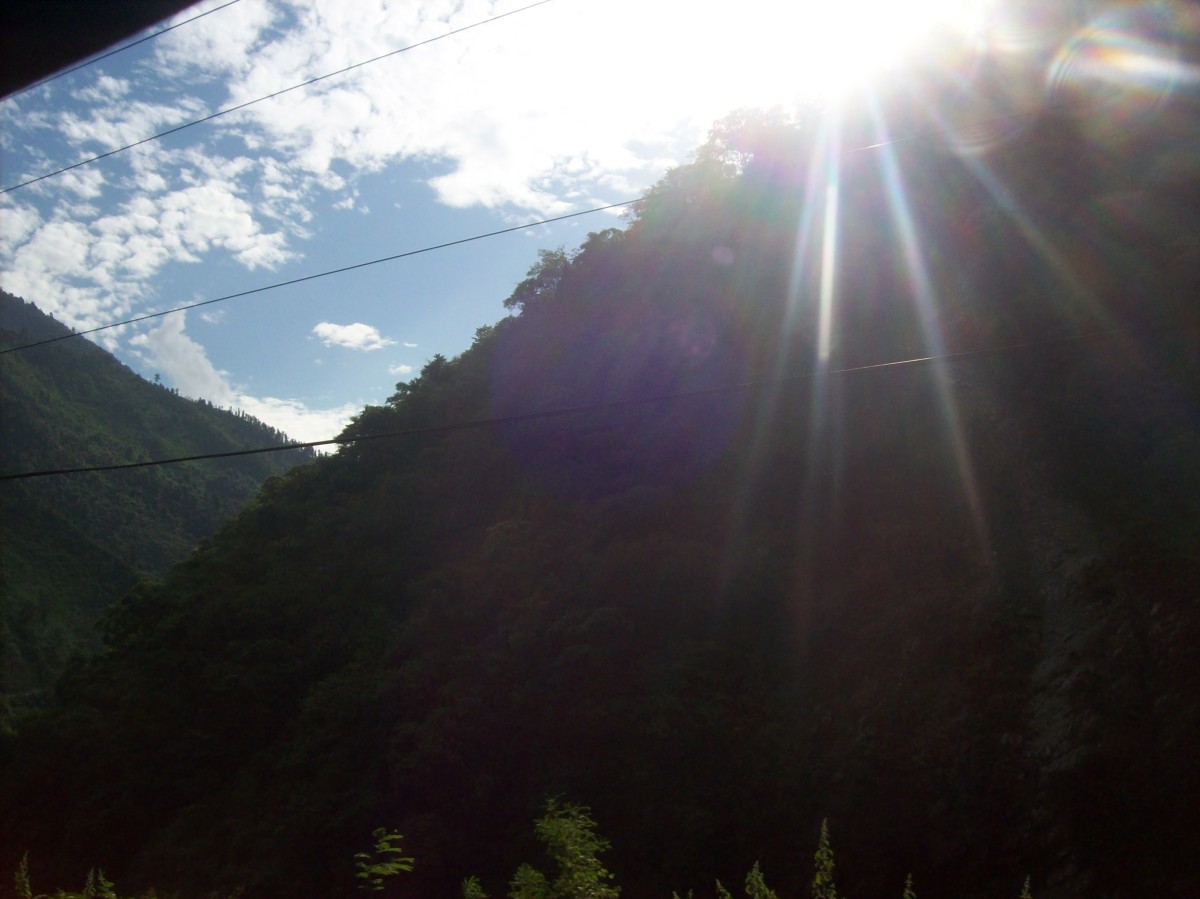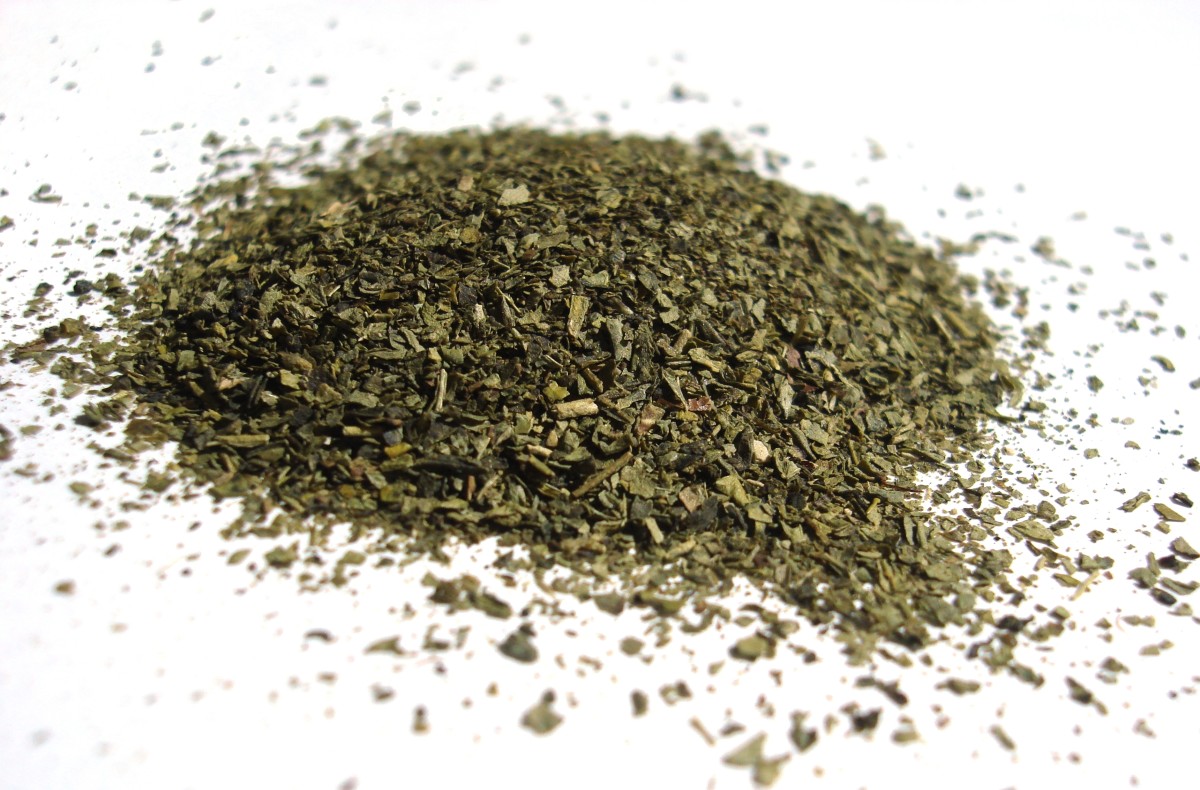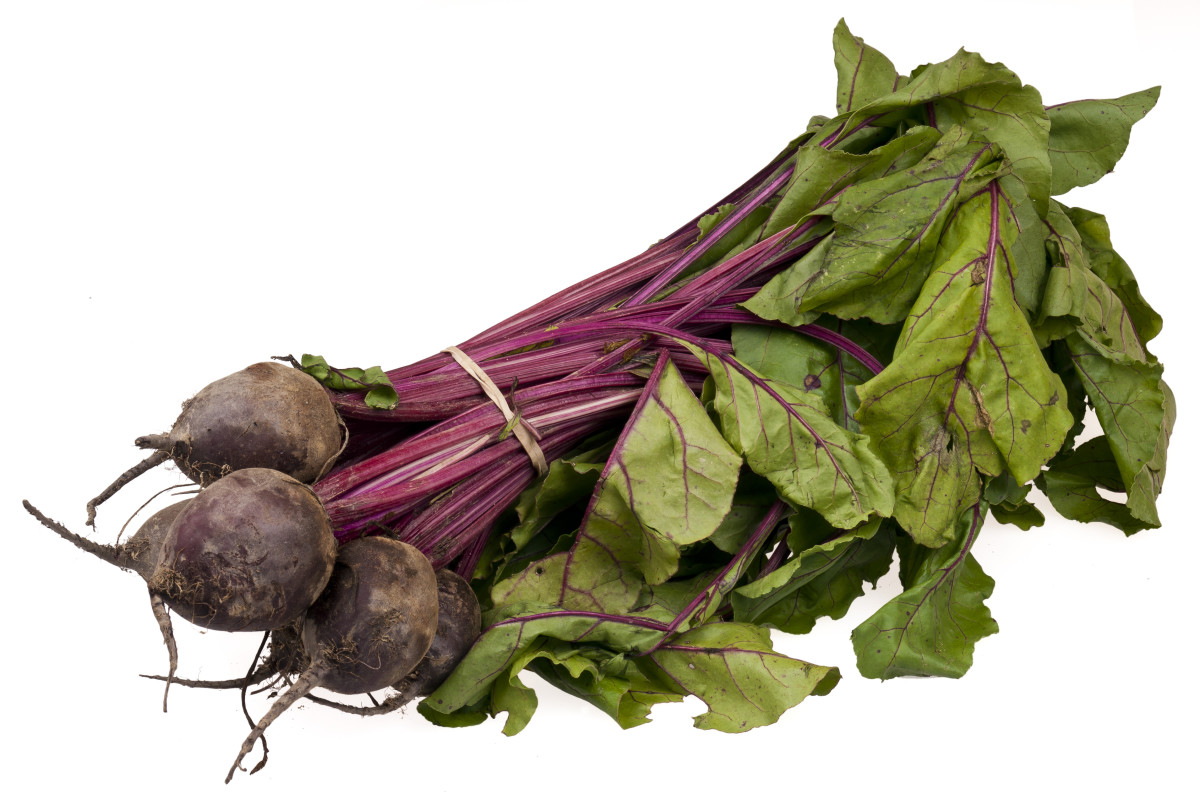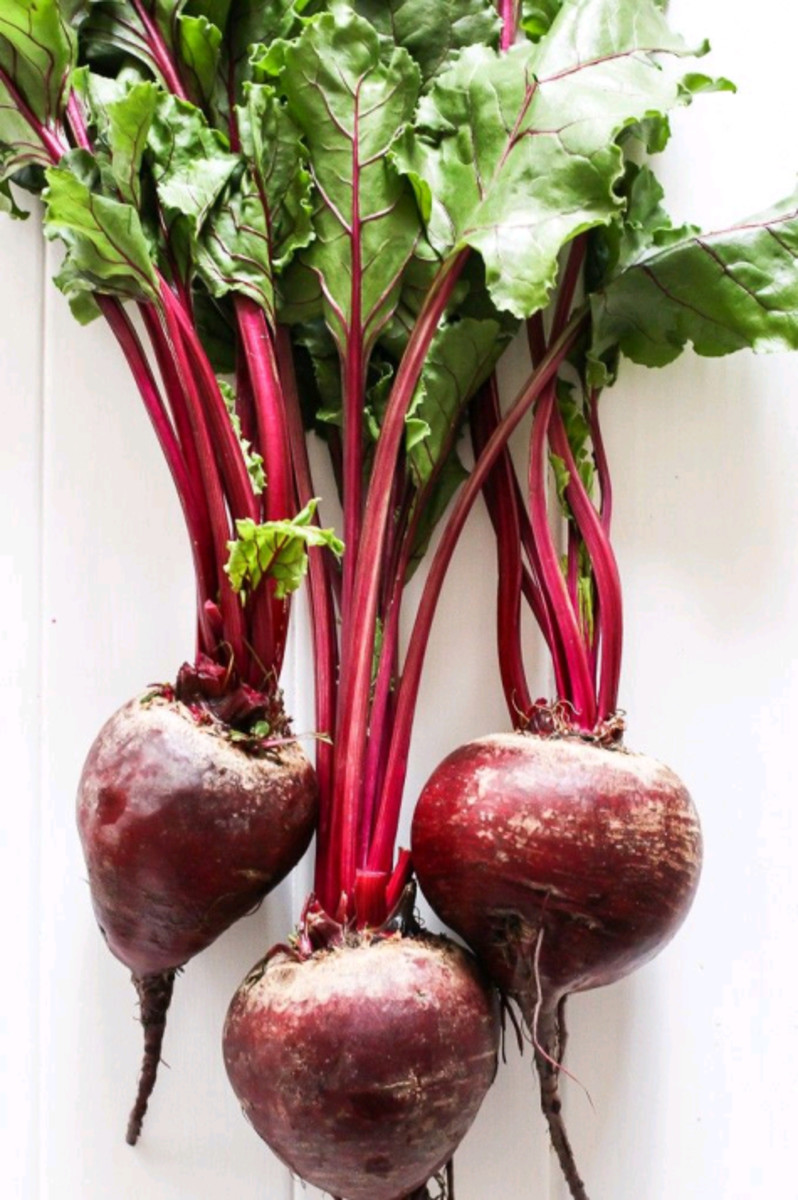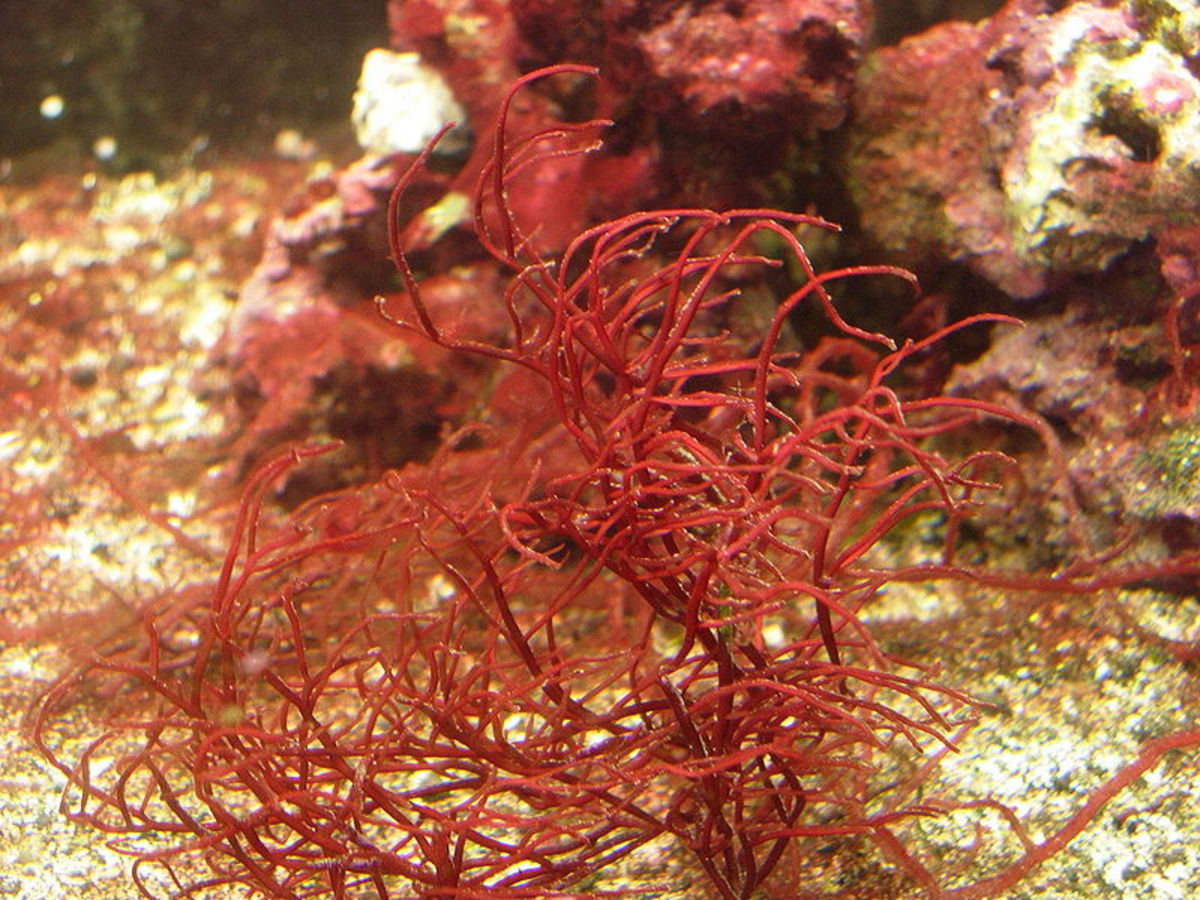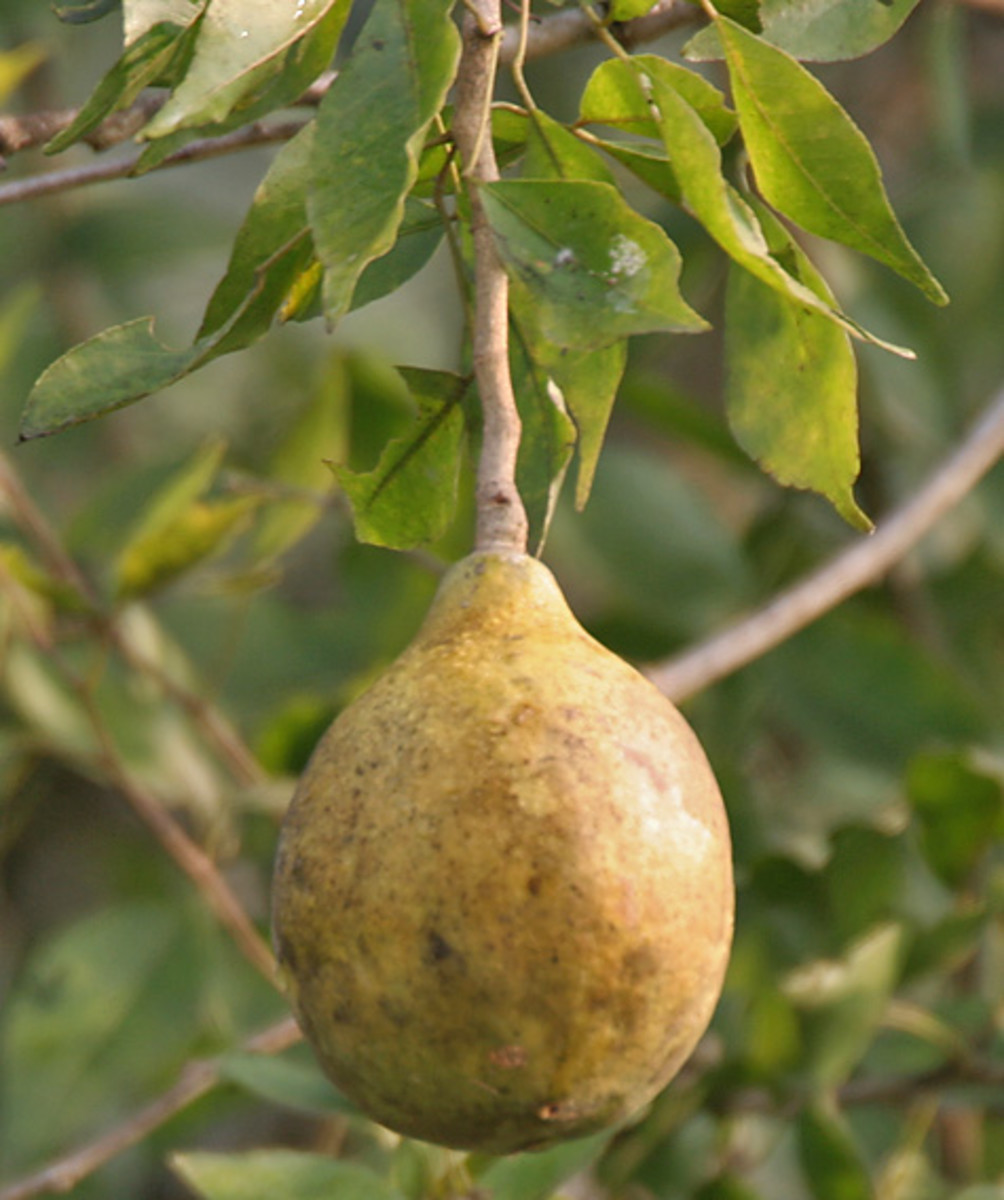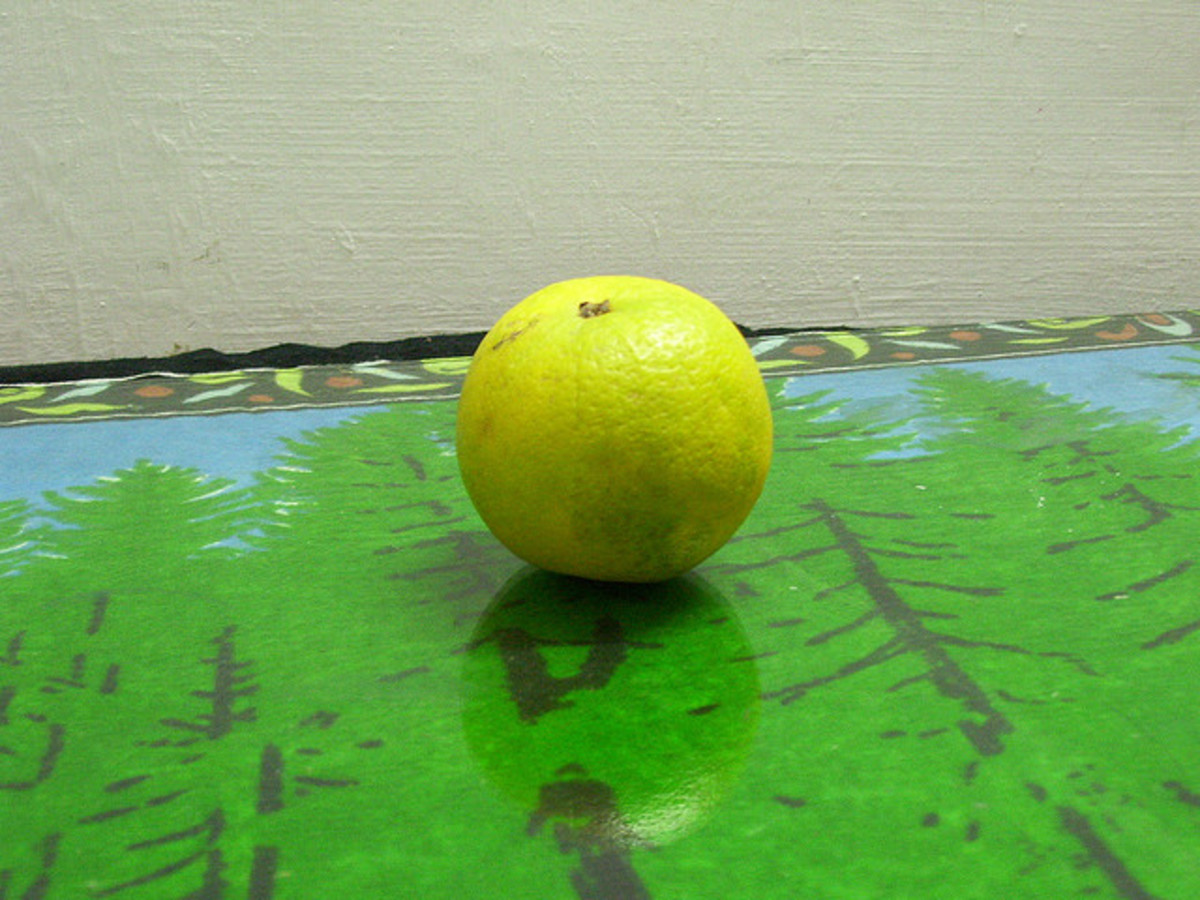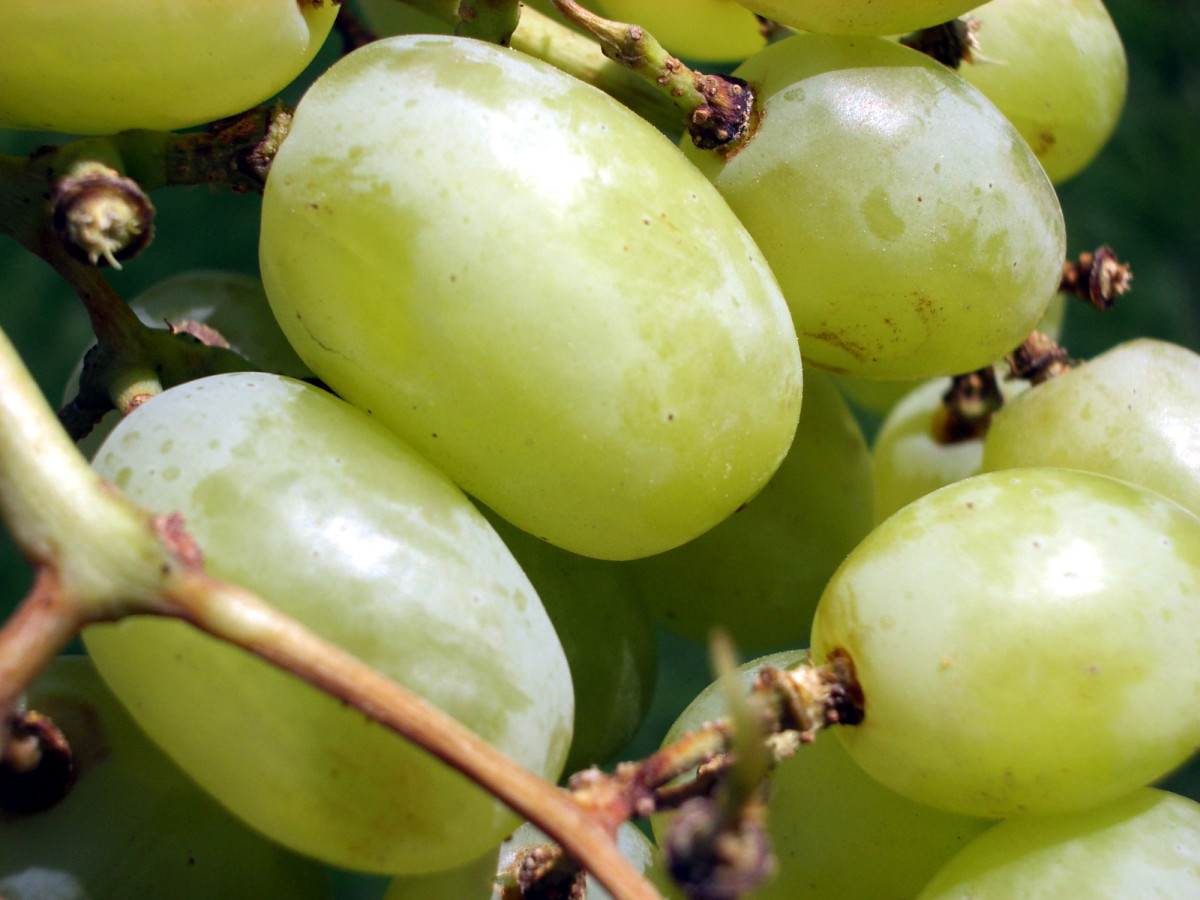Sea Vegetables and the Amazing Health Benefits
Healthy Sea Vegetables
By eating sea vegetables your diet will provide you with the most extensive array of minerals found in any food. Sea vegetables possess virtually all the minerals present in the ocean which are the same minerals present in the human bloodstream. In fact, vegetables from the sea have been shown to have a higher concentration of nutrition than the foods grown on land.
The many vegetables from the sea have long been held to possess many powers to prevent diseases, lengthen the life span, and aid in beauty and general good health. These sea vegetables are also known as seaweed and marine algae.
Seaweed contains more calcium than milk, more protein than eggs, more iron than beef and many micronutrients. They are loaded with potassium, which is necessary for maintaining healthy blood pressure levels. It is also said to detoxify our system of heavy metals, shrink goiters, dissolve cysts and tumors, aid in weight loss and reduce water retention.
They are an exceptionally potent source of iodine, vitamin K, the B-vitamin folate, and magnesium, as well as iron, calcium, the B-vitamins riboflavin and pantotheic acid, and plant compounds, lignans, that possess antioxidant activity.
There have been studies that have shown that high levels of lignans in the body can reduce the risk of prostate cancer, breast cancer, ovarian cancer, cardiovascular disease, and osteopororsis.
Just today I read that sea vegetables can help prevent baldness (see link). When I lived in Seoul, S. Korea, many kinds of sea vegetables were part of the Korean cuisine and I have to say I did not see bald men. Of course their diet is superior overall.
Seaweed belongs to four classes: brown, green, red, and blue-green. The most common types of seaweed are:
Nori - most commonly known and used to wrap sushi. In addition to all the benefits listed above it is also very high in vitamin A and protein. In S. Korea it is known as gim and is often used to make gim bap which is a wrap similar to sushi. It is also called laver in Scotland and Wales and in Ireland it is known as sloke. It is a member of the red marine algae family.
Hijiki - in addition to the benefits listed above, it also contains the most calcium of all the sea vegetables. Comparing it to milk - 100 grams of dry weight milk has 100mg of calcium. The same dry weight of hijiki has 1400mg. It is a member of the brown marine algae family.
Kombu (Kelp) - also known as kombu seaweed, kombu cha, and kombu sea vegetables. It has been used in Irish, Chinese, and Japanese diets for hundreds of years. In addition to the many benefits listed, kombu is also used for balancing the thyroid. It is sun dried and packaged, often used in supplements, used in cooking, and as a thickening agent in ice cream. It is a member of the brown marine algae family.
Irish Moss - in addition to the many benefits listed it also supports the skin's natural moisture barrier and is said to be extremely good for skin problems such as eczema, psoriasis, sunburn, and rashes. Often used in a dried form in breads, fritters, soups, relishes. It is also often eaten as a snack food. I have snacked on this when I lived in S. Korea. It has been used as a food additive for hundred of years in Ireland and over 2,000 years in China. It is a member of the red marine algae family.
When Irish Moss is processed for American products, you will see it on food labels listed as carrageenan; by that time it has been processed with alkai and other chemicals.
Dulse - is also known as dulse seaweed or dulse sea vegetables. In addition to all the other benefits listed above, organic dulse is known to naturally fight viral infections. It belongs to the red marine algae family.
Bladderwrack - has recently been studied by the University of California, both the Davis and Berkely campuses. It was concluded that Japanese women tend to have far few incidences of breast cancer than the average population. It has also been used to help women with abnormal menstrual cycling problems. The iodine benefits of bladderwrack were once used extensively to treat goiters. Additionally, it has been featured in weight loss supplements. It is a member of the brown marine algae family.
Sea vegetables are often sold dried and used to sprinkle over or add to foods when cooking. If you live anywhere near an Asian market you can find every kind of sea vegetable imaginable. And very inexpensively. You can also find seaweed products in health food stores at a higher price. As an alternative there are now many quality supplements on the market, sold both in health foods stores and on the internet.
When I lived in S. Korea, children often ate the small pack of gim/nori/laver just like children here eat potato chips. I have done the same thing. Seaweed soups, various sea vegetable dishes, and nori/gim are a regular part of Korean cuisine.
A diet rich in sea vegetables are said to prevent breast cancer, balance body PH, correct mineral deficiencies, support wellness, boost the immune system, is a natural metabolsim booster, and has anti-aging benefits.
The Photo: In the photo included below, are the very clean waters off Jeju Island, S. Korea. There live the amazing women known as the famous 'haenyo' or women divers. The haenyo are women, often up to 80 years of age, who daily go into the waters to bring in fresh sea vegetables and seafood; they have done this for hundreds of years. I had the pleasure of traveling with Korean colleagues to Jeju Island and eating the fresh sea foods, sitting on the lava rocks, brought in by these amazing women. The haenyo can stay under water for 2 minutes and longer, and travel as deep as 20m (about 66 feet) without diving equipment.
There is a wealth of information on the intenet about sea vegetables, or seaweed. Some here on hub pages.
See links below for other healthy eating suggestions!
The Diet for Thinning Hair
- The Diet for Thinning Hair
If you are experiencing thinning hair or hair loss, some changes in your diet can help. An underactive thyroid may be the cause and that can be rectified. Another cause is the heavy meat consumption in the...
S. Korea, beautiful ocean at Jeju Island
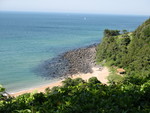
Healthy Eating Suggestions
- Rev Up Your Fat Burning Metabolism with Avocado
You can boost your fat burning metabolism by eating foods that contain L-carnitine. Avocado is a rich source of L-carnitine. As an added bonus, it is also an aphrodisiac. L-carnitine is an amino acid found... - Foods to Help You Lose the Dangerous Belly Fat
People who carry excess weight around the belly are at increased risk for heart disease, diabetes, stroke, and some types of cancer. Reasearchers at Wake Forest University found that trans fats,* which has... - 10 Healthy Foods to Help You Lose Weight and Feel Fu...
Historically, food has always been there to keep us healthy. Unfortuntately, the Western Diet has become filled with processed foods that contain partially hydrogenated oils, high fructose corn syrup, and... - Probiotics and Other Benefits of Korean Kimchi
For centuries, kimchi has been a major part of the Korean diet. It is the traditional fermented food that is served at every meal. As Americans become more aware of the benefits of probiotics, kimchi is... - 8 Super Health Benefits of Asparagus
Asparagus has so many health benefits, it should be added to the healthy diet. Asparagus is great as a detox vegetable, an anti-aging vegetable, and no surprise - an aphrodisiac, and much more. The...

